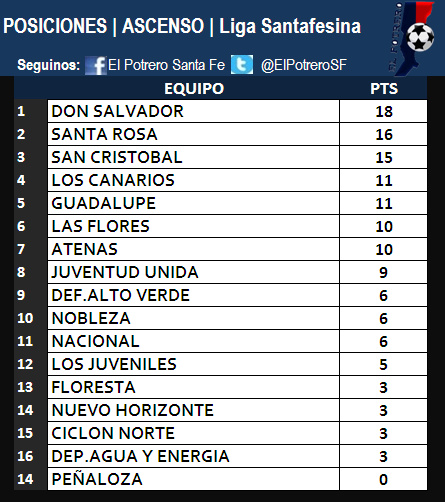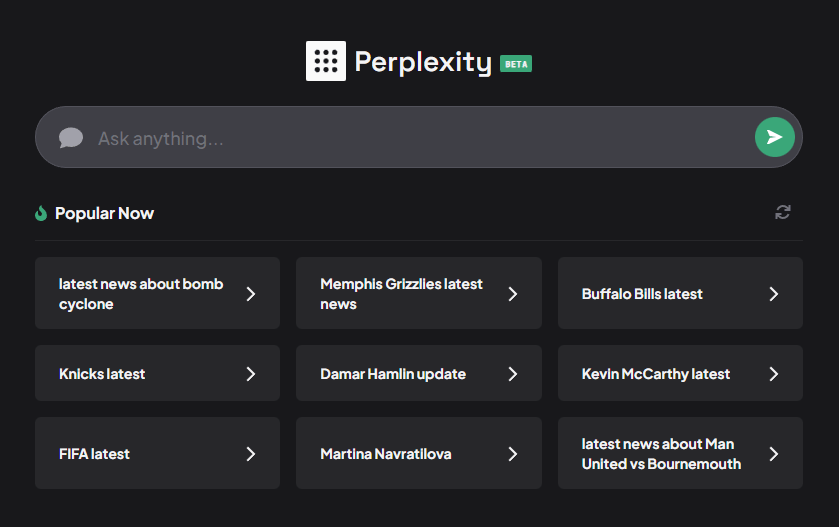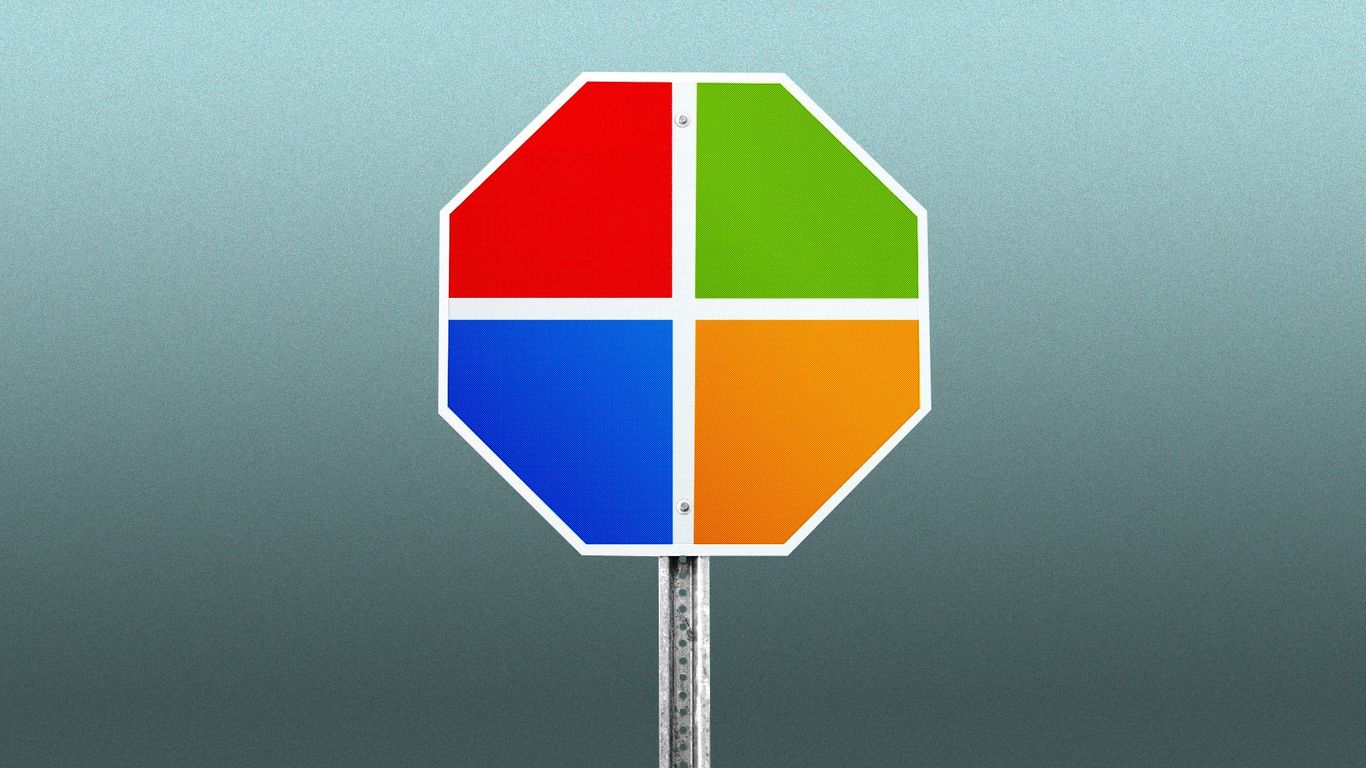The Zuckerberg-Trump Dynamic: Implications For Technology And Politics

Table of Contents
Trump's Use of Facebook and its Impact
Donald Trump's masterful use of Facebook during his presidential campaigns and presidency significantly amplified his message and shaped political narratives. His engagement with the platform demonstrated the power of social media in modern politics.
Amplifying the Trump Message
Facebook's algorithms played a crucial role in boosting Trump's reach. The platform's newsfeed, designed to maximize user engagement, inadvertently amplified his often controversial statements and rallies.
- Examples of successful Trump campaigns on Facebook: The 2016 presidential campaign leveraged targeted advertising to reach specific demographics with tailored messaging, achieving remarkable results with relatively low ad spend compared to traditional media.
- Use of targeted advertising: Sophisticated targeting allowed Trump's campaign to micro-target voters based on their interests, demographics, and online behavior, maximizing the impact of his message.
- Organic reach vs. paid campaigns: While Trump benefited from significant organic reach due to his high profile and engaged followers, paid advertising campaigns further extended his message's reach and effectiveness. Data suggests a strong correlation between Facebook advertising spend and increased voter turnout within specific demographics.
Studies have shown extraordinarily high engagement rates for Trump's Facebook posts compared to other political figures, highlighting the platform's influence in shaping public perception.
The Spread of Misinformation
Facebook, with its vast user base, unfortunately became a breeding ground for misinformation and fake news during the Trump presidency. The platform's struggle to effectively moderate content contributed to the spread of harmful narratives.
- Examples of specific instances of misinformation campaigns: Numerous examples exist, including the spread of conspiracy theories, false accusations, and manipulated media designed to discredit political opponents. The impact of these campaigns on voter opinion is a subject of ongoing research.
- Facebook's response (or lack thereof): Facebook's response to misinformation was often criticized as being slow, inadequate, and inconsistent. The platform faced intense scrutiny over its algorithms' role in amplifying false narratives.
- The impact on public opinion: The spread of misinformation on Facebook significantly impacted public opinion, contributing to political polarization and eroding trust in traditional media outlets. The challenges of content moderation and the ethical dilemmas faced by Facebook remain central issues in the ongoing debate.
Zuckerberg's Responses and Policy Decisions
Zuckerberg's responses to the challenges posed by Trump's use of Facebook reflect the complex balancing act between free speech principles and the need to moderate harmful content.
Balancing Free Speech and Content Moderation
Zuckerberg has consistently defended Facebook's commitment to free speech, while simultaneously implementing content moderation policies aimed at curbing misinformation and hate speech. This delicate balance has been a source of constant criticism.
- Examples of Facebook's content moderation policies: Facebook has introduced various policies and tools to detect and remove harmful content, but the effectiveness of these measures has been questioned.
- Criticisms of these policies: Critics argue that Facebook's policies are inconsistently applied, overly broad, or insufficient to address the scale of misinformation. Concerns about censorship and the suppression of dissenting voices remain widespread.
- The ongoing debate surrounding censorship and free speech: The debate surrounding censorship and free speech on social media platforms remains fiercely contested, with arguments focusing on the balance between individual liberties and the need to protect users from harm.
The Ban and Subsequent Reinstatement
Trump's temporary ban from Facebook and Instagram, following the January 6th Capitol riot, was a landmark decision with significant political and legal ramifications. His subsequent reinstatement further fueled debates surrounding the power of social media platforms to regulate political speech.
- Arguments for and against the ban: Arguments for the ban centered on preventing further incitement of violence, while opponents raised concerns about censorship and the platform's role in silencing political voices.
- The political and legal ramifications: The ban and subsequent reinstatement sparked intense political and legal debate, raising questions about the power of tech companies to influence political discourse and the need for greater regulatory oversight.
- The impact on Facebook's reputation: The handling of Trump's account significantly impacted Facebook's reputation, fueling ongoing criticisms about its role in political polarization and the spread of misinformation. The evolving policies around political advertising and the influence of political pressure are continuously scrutinized.
Broader Implications for Technology and Politics
The Zuckerberg-Trump dynamic has profound implications for the role of social media in politics and the future of technology regulation.
The Power of Social Media in Politics
The relationship highlighted the immense power of social media in shaping political narratives and influencing elections.
- The impact on political polarization: Social media algorithms and targeted advertising have been implicated in exacerbating political polarization by creating echo chambers and reinforcing pre-existing biases.
- The rise of echo chambers: Facebook's newsfeed often prioritizes content that aligns with users' existing views, limiting exposure to diverse perspectives and contributing to the formation of echo chambers.
- The spread of disinformation campaigns: The platform has been used to spread disinformation campaigns designed to influence elections and manipulate public opinion.
Regulation and Accountability for Tech Companies
The Zuckerberg-Trump dynamic underscores the urgent need for increased regulation and accountability for social media platforms regarding political speech and misinformation.
- Potential regulatory frameworks: Various regulatory frameworks are being proposed to address the challenges posed by social media, including stricter content moderation policies, increased transparency requirements, and limitations on targeted advertising.
- Debates about Section 230: The debate surrounding Section 230 of the Communications Decency Act, which shields online platforms from liability for user-generated content, continues to be central to discussions about tech regulation.
- The impact on innovation and free speech: Balancing the need for regulation with the protection of free speech and innovation remains a significant challenge. Legal challenges faced by Facebook related to content moderation and antitrust concerns underscore the evolving regulatory landscape.
Conclusion
The Zuckerberg-Trump dynamic represents a pivotal moment in the intersection of technology and politics. It exposed the immense power of social media platforms to shape political narratives, spread misinformation, and influence elections. The events surrounding Trump's use of Facebook, Zuckerberg's responses, and the subsequent policy decisions have had a lasting impact on political discourse and the future of social media. The need for increased regulation and accountability for tech companies is undeniable. We must understand the power of the Zuckerberg-Trump dynamic to navigate the complexities of the digital age responsibly. Continue researching the Zuckerberg-Trump dynamic by exploring relevant reports and analyses. What are your thoughts on the ethical responsibilities of tech companies in regulating political discourse?

Featured Posts
-
 Ganadores De Los Premios Caonabo De Oro 2025 Revelados
Apr 25, 2025
Ganadores De Los Premios Caonabo De Oro 2025 Revelados
Apr 25, 2025 -
 Goles Para Todos Los Gustos El Resumen De La Liga Santafesina
Apr 25, 2025
Goles Para Todos Los Gustos El Resumen De La Liga Santafesina
Apr 25, 2025 -
 Where To Buy Official Coachella 2025 Performer Merch On Amazon
Apr 25, 2025
Where To Buy Official Coachella 2025 Performer Merch On Amazon
Apr 25, 2025 -
 A Perplexity Chrome Acquisition Feasibility And Implications
Apr 25, 2025
A Perplexity Chrome Acquisition Feasibility And Implications
Apr 25, 2025 -
 Ftc To Challenge Ruling On Microsoft Activision Deal
Apr 25, 2025
Ftc To Challenge Ruling On Microsoft Activision Deal
Apr 25, 2025
